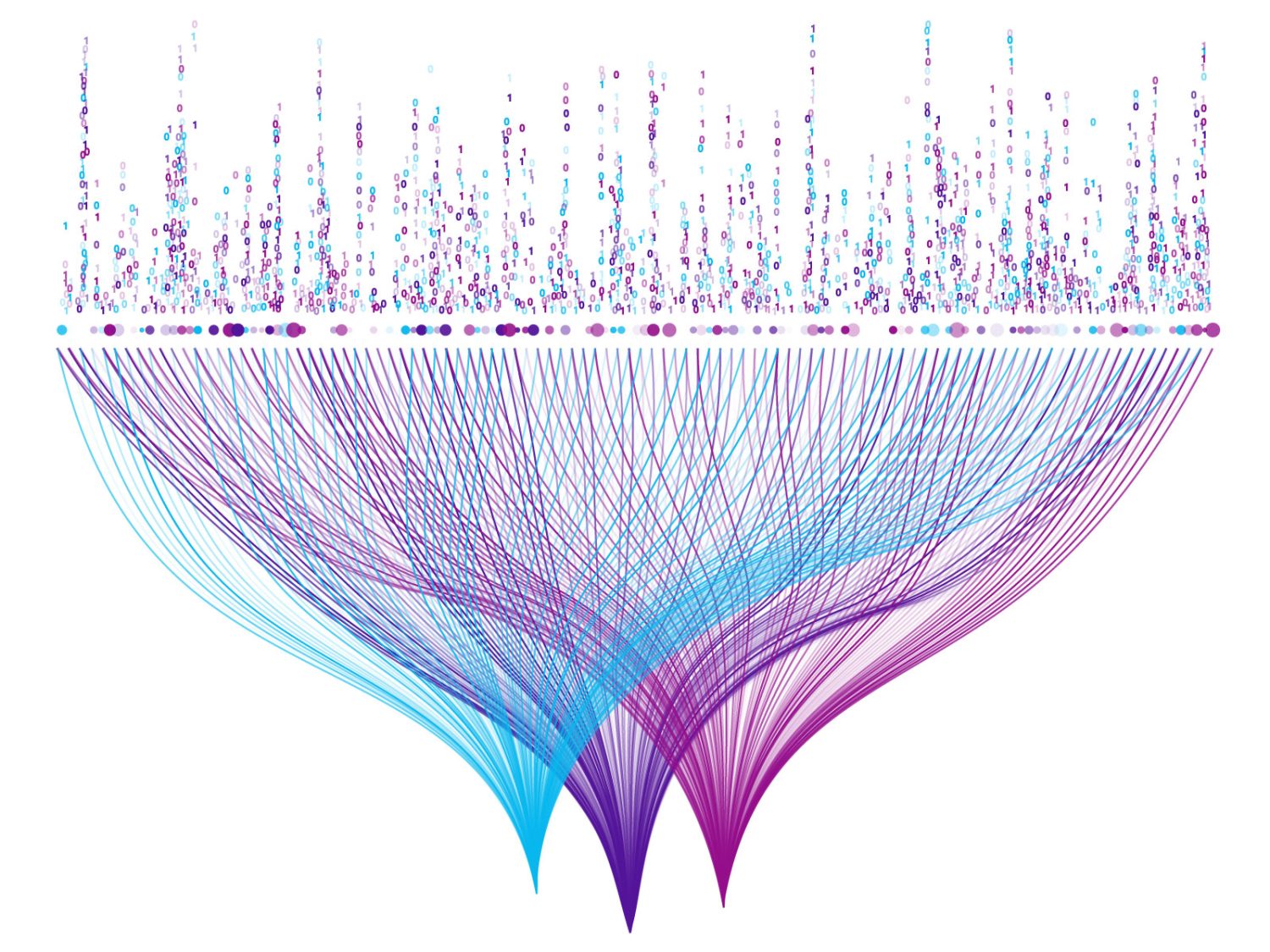The International Resident Assessment Instrument (interRAI), is a New Zealand-developed tool to evaluate the health and social needs of older adults that is now widely used all over the world. This evidence-based clinical assessment questionnaire that is performed on older kiwis to assess their caregiving requirements has been utilised by the Ministry for Health since 2003. The interRAIhas opened up a whole new avenue for research with hundreds of thousands of completed assessments and almost two decades worth of comprehensive data.
The Phase 1 funded cross-sectional study Risk Factors in Reduced Social Engagement utilised this wealth of data to paint a picture of how loneliness and other social factors in older people precipitated early entry into aged residential care facilities. Co-Principal Investigators Dr Sally Keeling and Associate Professor Hamish Jamieson of the University of Otago found that ethnicity and living arrangements significantly impacted loneliness; and social factors such as living alone, negative social interactions, perceived loneliness, and caregiver distress, also assisted in the progress of entering into aged residential care.
The impact of loneliness and social isolation in older cannot be underestimated. It can play a key role in health and wellbeing, with the risk of depression, anxiety, and other chronic conditions (such as pain) becoming worse. Other notable findings in the Phase 1 study included that loneliness and living arrangements differ among different ethnic groups, with a significant number of Māori acknowledging feelings of loneliness. Additionally, people living in rural areas were less likely to be lonely than those living in urban environments.
This research led to Associate Professor Jamieson – who is also a geriatrician with the Canterbury District Health Board (CDHB) – to wonder if it is possible to identify if certain groups of people are more likely to develop poor outcomes if they are socially isolated.
